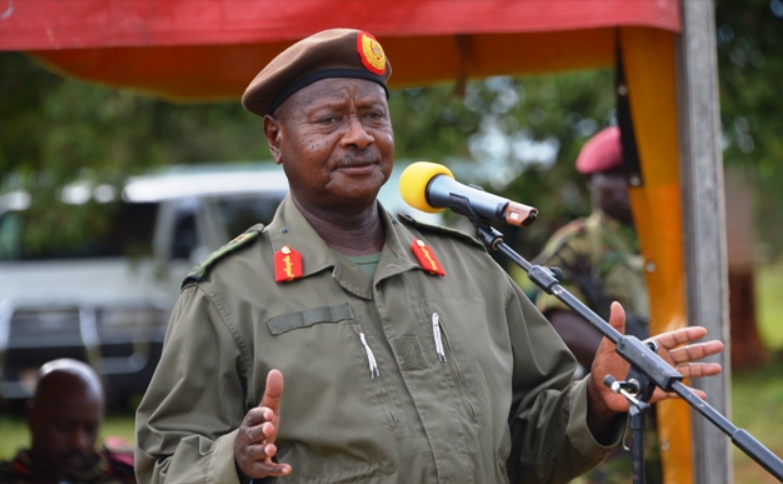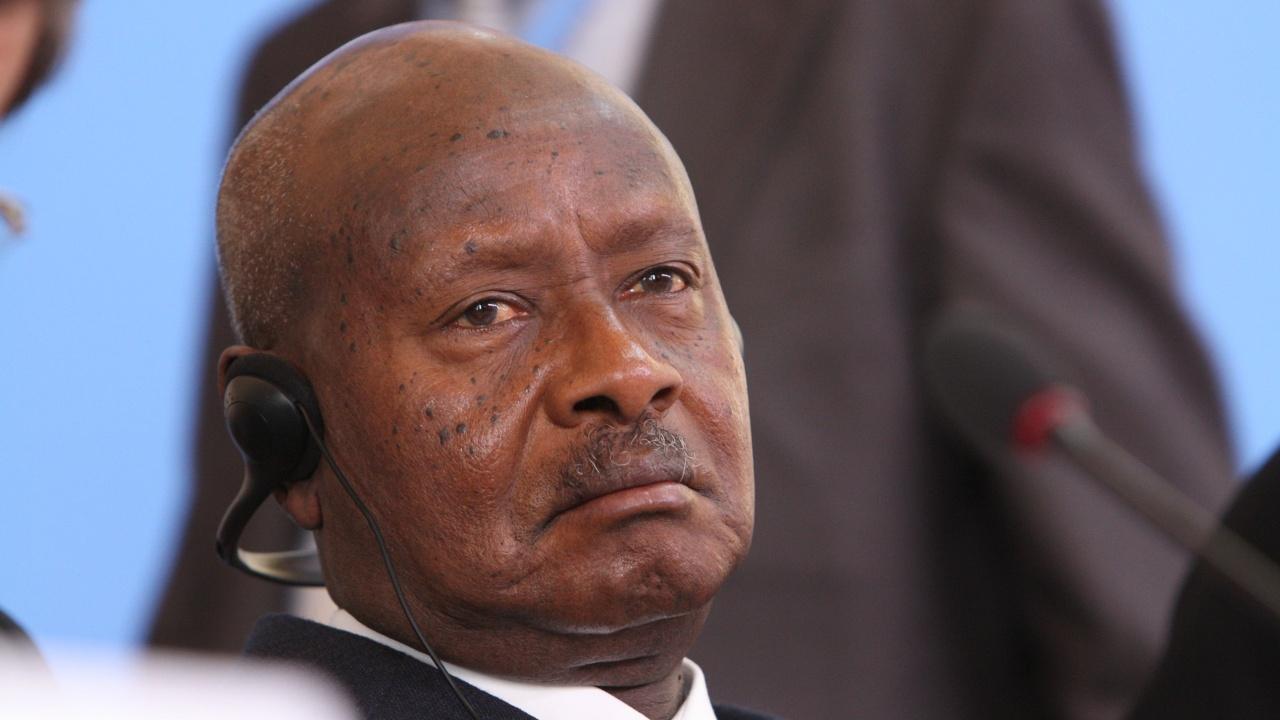In January 2019, the Democratic Republic of Congo had its first peaceful transition of power. Outgoing President Joseph Kabila was succeeded by opposition leader Félix Tshisekedi but, four months later, the two leaders remain in political competition. Recent events suggest the struggle for control over the country’s crucial security apparatus and economic resources will continue.
Since the Democratic Republic of Congo’s unexpected electoral outcome, on 30 December 2018, the reins of power remains elusive. The new president, Félix Tshisekedi, is in an uncomfortable cohabitation with the camp of former president Joseph Kabila. But three events this week indicate that the political deadlock might evolve into a new phase: the appointment of a new Prime Minister, the return of an exiled opposition leader and the repatriation of the remains of Tshisekedi’s father, the opposition leader who died two years ago.
On 24 January 2019, Tshisekedi was inaugurated as the fifth president of the Democratic Republic of Congo (DRC) after a highly contested electoral victory, considered by many Congolese and international observers the result of the real figure’s gross manipulation. The electoral commission CENI published the official results, giving Tshisekedi 38.6% of the vote. Opposition leader Martin Fayulu came in second with 34.8%, and the regime’s candidate Emmanuel Ramazani Shadary was third with 23.8%.
Leaked numbers from CENI’s computers and data collected by the Catholic churches’ independent observation, however, give an entirely different picture. Their figures suggest that Fayulu was the real winner with nearly 60% with Tshisekedi and Shadary receiving around 19% each. It is widely believed that Kabila, facing Shadary’s disappointing results, improvised an arrangement with Tshisekedi to keep Fayulu – and crucially his powerful supporters in former vice-president Jean-Pierre Bemba and former Katanga governor Moise Katumbi – out of power.
The country has remained calm after the contested election. Congolese public opinion, including most of Fayulu’s electorate, pragmatically accepted the official results. While Kabila did not manage to stay on or install Shadary as his successor, he was succeeded without major violence or chaos. He has made several trips to neighbouring countries and his visit to the United States has received a lot of visibility. Several voices within the church eventually endorsed the new president.
Meanwhile, the pro-Kabila platform Front Commun pour le Congo (FCC) has managed, through an opaque political process, to take almost full control over Parliament and the provincial assemblies. This gives the FCC power to dictate the indirect elections of the senate and the governors.
President Tshisekedi finds himself in a difficult environment. Giving important signals of his ambition to change the country’s governance, fight corruption and improve human rights, he has limited leverage to materialise the effective change the population wants and expects. But in the absence of a majority, he rules by decree and seeks support by presenting a situation whereby reinforcing his presidency is the only way to turn the questionable regime change into a meaningful reality.
For months, the arm-wrestling between President Tshisekedi and his predecessor crystallised around the nomination of a new prime minister. Kabila had proposed several candidates including Albert Yuma, Henri Mova and Jean Mbuyu, all strong personalities from Kabila’s own province of Katanga and key people in his regime, but Tshisekedi has rejected them.
Sylvestre Ilunga Ilukamba was appointed to the position on Monday 20 May 2019, a 73-year-old politician who served as a minister and secretary of state under dictator President Mobutu in the 1980s and 1990s, but has led a more anonymous life for the last two decades. Since 2014, he has been the director of the Congolese railways. Katangese as well and member of Kabila’s own Balubakat community, he belongs to Kabila’s political family, but he is not considered notable in its inner circle. His former duties in economic and financial fields give Ilunga a technocratic profile, suggesting he was nominated as a compromise figure – creating the space for further discussion over the primary unsolved issues of who controls the economy and the security services.
Ilunga’s appointment is consequently reminiscent of the circumstances in which Augustin Matata Ponyo became prime minister after the controversial election of November 2011. Some observers have already expressed fear that he will become another weak prime minister with little or no impact on DRC history, which at this point may be premature; a lot will depend on the nomination of the sectorial ministers, still under negotiation.
Moïse Katumbi’s return
Ilunga’s appointment was made public the same day Moïse Katumbi returned to the DRC after three years in exile. The former governor of Katanga, until 2014, Katumbi was a key personality of Kabila’s regime but since became his main political opponent and ultimate challenger. He was prevented from registering as a candidate for presidential election himself and supported Martin Fayulu’s unsuccessful campaign.
Katumbi’s return is a major event in the political landscape, not only as a first step towards the next elections, but also for his potential to influence the power struggle between Tshisekedi and Kabila, in support of the new president. Although Fayulu still pleads for cancellation of the December 2018 vote, Katumbi clearly does not.
Finally, everything is put in place for the repatriation of opposition icon Etienne Tshisekedi, who died in February 2017 in Brussels. He was never buried because the former regime feared the potential threat of a crowd of mourners, during a period where public events could quickly turn into anti-Kabila rallies and even riots. The timing could hardly be better: a state funeral on 1 June 2019 for the man who opposed both Mobutu and the Kabilas (including the ex-president’s twin sister) but never managed to become president himself, organised by his son who recently took office. The event will give great visibility to the new president and the historical claim for legitimacy of his political and biological family. It will be a unique opportunity for Tshisekedi to show his capacity to mobilise people.
The coincidental combinaton of these recent events allows Félix Tshisekedi to create new momentum and a real starting point for his regime. But the struggle for control over the country’s strategic economic resources and security apparatus is far from over. In many ways, it has not even begun.
Kris Berwouts and Loochi Muzaliwa are independent researchers specialised in democratisation, security and conflict in Central Africa. They have been involved (together and seperately) in numerous international research projects in the DRC. Kris Berwouts is the author of ‘Congo’s violent peace: conflict and struggle since the Great African War’.
Photo credit: U.S. Department of State, Michael Gross.
The views expressed in this post are those of the author and in no way reflect those of the Africa at LSE blog, the Firoz Lalji Centre for Africa or the London School of Economics and Political Science.





